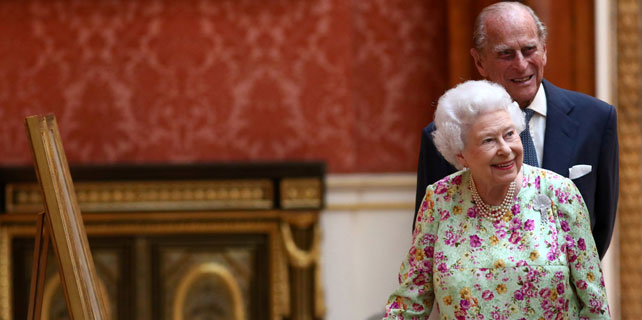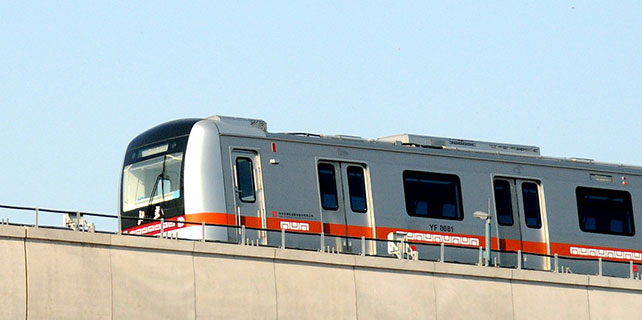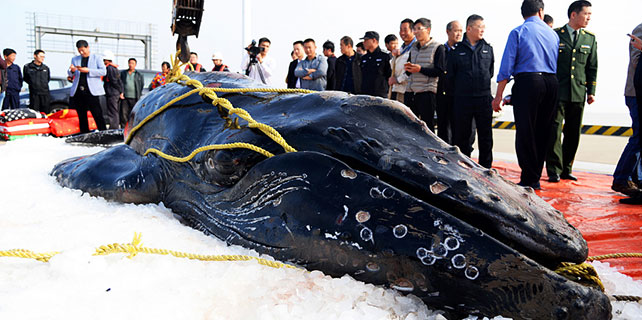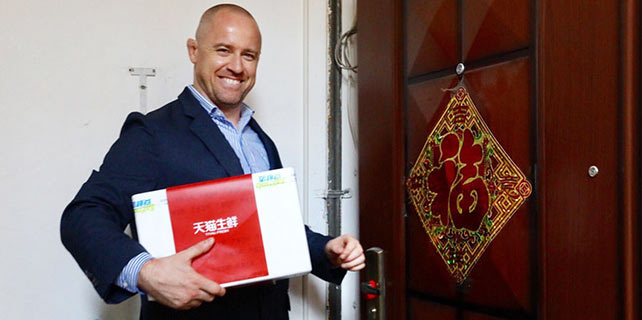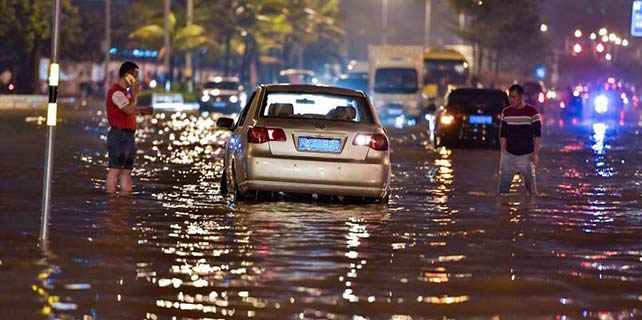Final death toll from London's Grenfell Tower fire is 71
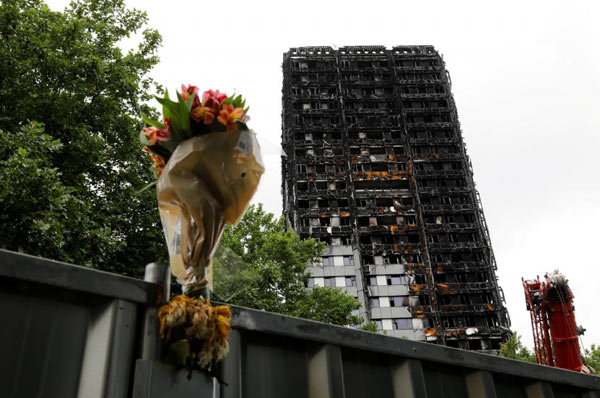 |
|
A floral tribute is seen near the Grenfell Tower, which was destroyed in a fatal fire, in London, Britain July 15, 2017. [Photo/Agencies] |
LONDON - The final death toll from the fire that destroyed the Grenfell Tower social housing block in London in June is 71, police said on Thursday after five months of painstaking search and recovery operations.
Police had previously said about 80 people died in the blaze, which tore through the 24-storey tower in west London in the middle of the night, but officers now believe all those who died in the fire have been recovered and identified.
The figure has come down because some people were reported missing several times, some people who lived in the tower and were feared dead were found to have been elsewhere on the night, and some people were falsely reported dead by fraudsters hoping to receive financial compensation.
The final toll includes 70 adults and children who died in the tower during the fire, and one baby who was stillborn shortly after the heavily pregnant mother escaped from the 21st floor, suffering severe smoke inhalation on her way down. The mother survived.
“Specialist teams working inside Grenfell Tower and the mortuary have pushed the boundaries of what was scientifically possible to identify people,” said Metropolitan Police Commander Stuart Cundy, who is in charge of operations at the tower.
“I know that each and every member of the team has done absolutely all they can to make this possible. They have done that for every person who lost their life, their families and loved ones, and all those for whom Grenfell Tower was home.”
The tower was home to a tight-knit, multi-ethnic community in a deprived social housing estate within the wealthy Kensington and Chelsea borough that is also home to large numbers of millionaires.
The tragedy has prompted political debate and soul-searching about London’s stark social inequalities and whether neglect of social housing estates and the communities living in them played a part in the fire.
A criminal investigation is under way that could result in individuals or organisations being charged. A separate public inquiry aims to shed light on any flaws or irregularities in the design, construction or maintenance of the tower.
Cundy said that when he first entered Grenfell Tower after the fire, the devastation was such that he feared it would not be possible to find, recover and identify all those who died.
Police officers, assisted by forensic anthropologists, archaeologists and specialists in using dental science to identify unknown human remains, searched every flat on every floor and every communal area.
The search involved sifting through tonnes of debris by hand to identify all human remains in the charred building.
In parallel, huge amounts of investigative work was undertaken to identify who was in Grenfell Tower on the night of the fire, who was missing and presumed dead, enquire after those reported missing and reconcile all the information.
One person was reported missing 46 separate times. Some were reported under a number of different names, and even the slightest differences in spelling had to be investigated.
Police said that having completed all this work, they now believed it was highly unlikely that anyone remained in Grenfell Tower.



